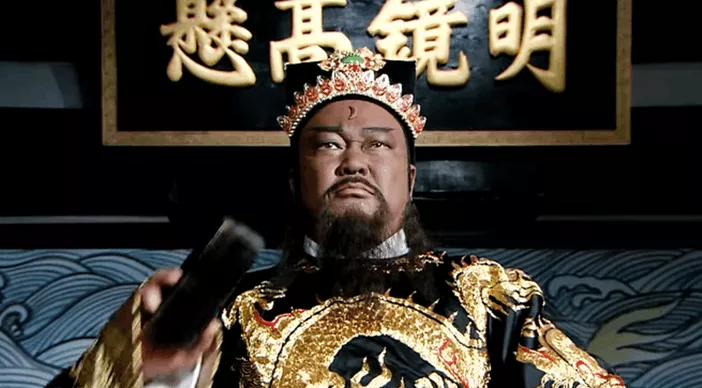
The International Council for Science (ICSU) published "Publication Practices, Indicators and the Role of Peer Review in Research" proposes that fair, impartial and rigorous review is an important factor in ensuring the quality of scientific publication and scientific evaluation. The Council of Science Editors (CSE) proposes principles that should be followed in the review of papers, including:
1) Keep the content of the paper confidential;
2) Constructive criticism;
3) The reviewer has the corresponding academic ability, fairness and honesty, disclosure of conflicts of interest, review timeliness and response.
1
Peer review misconduct manifests itself as follows:
1) Suppress innovation beyond oneself as an academic authority, suppress potential opponents, and try to control the academic field;
2) Contrary to the confidentiality of the review; the use of confidential information to obtain personal or professional benefits;
3) the use of views of the commented documents;
4) Make criticism with personal bias;
5) The facts are not as good as the facts in the field during the review;
6) Unfairly criticizing the work of competitors;
7) propose changes that may support the reviewer's own work or assumptions;
8) Failure to disclose a conflict of interest that may be excluded from the review process;
9) Unreasonably delay the review process.
After the research paper is submitted to the journal for review, the author, editor, reviewer, and publisher shall abide by the rules of confidentiality, and shall not publish, imply or disclose important information such as the content of the paper, the author, the editorial board or the review opinions. Some researchers believe that there is a "black box" problem in the review, and in order to solve the opaque situation of the review, there have been some new practices and attempts in the open review strategy in recent years.
Springer Nature launched In Review, a pre-publication author service platform in October 2018, to showcase submission, review and editing processes. In Review uses a transparent editorial checklist to help authors demonstrate their commitment to the academic integrity of their papers; provides a detailed peer review timeline that allows authors to view the status of a manuscript in real time after it is sent for review; shares and discusses manuscripts with other peers at any time during the review process; and shares papers early on the potential for new benefits — early access to citations and collaboration opportunities. In Review gives the scientific community insight into the peer review process for specific manuscripts, and to focus on and comment on emerging scientific ideas.
2
What is a conflict of interest
When research results may be biased due to the intervention of secondary interests such as economics and career development, it is the so-called conflict of interest.
Conflicts of interest don't always point to academic misconduct. The purpose of identifying the relationships behind the manuscript and respecting the reader's right to know is to make scientific research as transparent and fair as possible.
3
Who needs to disclose conflicts of interest
Some examples
1) The patents and patent applications of the author and his or her units may be profitable due to the publication of the article;
2) After the publication of the article, it may have an impact on the revenue of the project owner (all third-party institutions that provide equipment, travel expenses, labor remuneration and other materials can be defined as the financial owner);
3) The value of current assets such as stocks held by the author of the paper and his relatives and friends may change due to the publication of the article;
4) Project members are employees or former employees of the institution who may profit from the publication of the article;
5) The publication of the article will have an impact on the reviewer's research achievements in the same field;
6) Enterprises whose reviewers have the titles of honorary consultants, honorary directors, etc. may receive benefits from the publication of articles...
Most mainstream journals define conflicts of interest as recommended by the International Board of Medical Journals (ICMJE), and it is not possible to cite them here because of the numeral differences between journals.
If you really can't tell whether there is a conflict of interest, you may wish to refer to Nature's advice: "If you are picked up after the publication of the paper, and you are embarrassed by it, you may be involved in a conflict of interest." ”
The image comes from the Internet